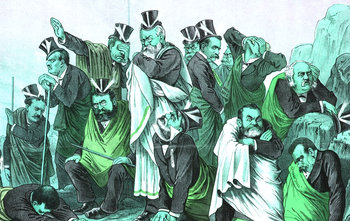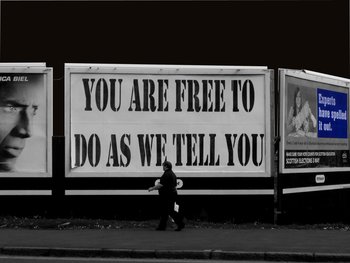Selective Attention
Selective attention is the human ability to filter out meaningless information in a sea of communication.Spacing Effect
The spacing effect is the tendency for people to remember information that they focus on multiple times over the course of days or weeks. In other words, people tend to forget things that they learn in a single day unless it is reinforced later.Communication Complexity
Communication complexity is the amount of communication that is required to accomplish a goal. Generally speaking, this increases exponentially with the number of people involved in a process. For example, you might require 10 hours of communication to coordinate a project with two people and 1,000 hours of communication for a project of twenty people. This is due to the complexity of the social network whereby each individual must communicate what they are doing to each other member of the team.You Can Never Overcommunicate
You can never overcommunicate is the principle that it is better to communicate important messages many times as the risk of being repetitive tends to have less impact than the risk of being ignored. This is based on selective attention and the spacing effect whereby people often fail to process or remember a message.Spaced Repetition
Spaced repetition is the process of communicating the same message at regular intervals to the same audience. This is meant to leverage the spacing effect to make communication more efficient and effective.Massed Repetition
Massed repetition is the process of communicating the same message many times in a single location or span of time. For example, an airport that has over 1000 advertisements for the same brand. This is meant to penetrate selective attention by making something impossible to ignore.Propaganda
Groups with a political agenda may repeat a message an incredible number of times based on the idea that if you repeat something enough it "becomes true."Information Pollution
Competition to overcommunicate can create an environment that is polluted with information. For example, an employee who gets hundreds of emails a day such that they must perform a great deal of filtering to find those that are relevant to their work.Disengagement
Overcommunication can lead to disengagement whereby an individual becomes hostile to your message. For example, too many meetings is a common source of employee dissatisfaction.| Overview: Overcommunication | ||
Type | ||
Definition | The process of communicating similar messages more than once to the same audience. | |
Also Known As | Over communication | |
Related Concepts | ||




























